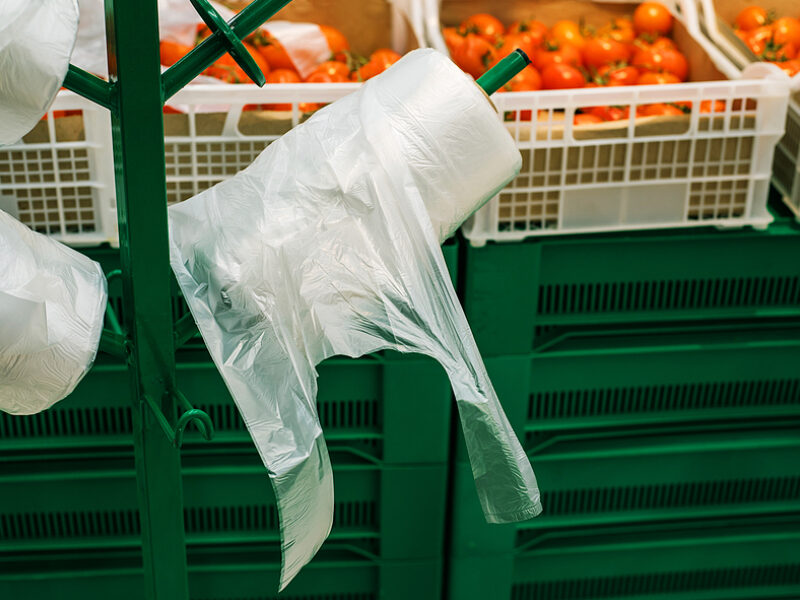
Polythene bags, otherwise known as polybags, are one of the most versatile products you can find today. Their popularity not only stems from their affordability, availability, and reliability but also because they can be made from various plastics like bioplastic, LDPE, HDPE, and so on, making polybags boast incredible utility in many applications. Hence, it is no surprise that many industries have adopted polybags in one form or another and employ them in a great variety of uses ranging from packaging to marketing.
Below, we look at some of the more popular use cases of polybags and their many varieties.
1. Retail Industry
Polythene plastic bags in the retail industry serve as good carriers to take home purchases and as a brand canvas that can help retailers spread brand awareness and advertise their products or services. This explains why it has become a common sight for most plastic bags today to feature some type of design or logo of a particular business.
2. Logistics
The logistics sector uses polybags in many applications, most commonly as pallet bags and mailer bags. Pallet poly bags feature incredible expandability that allows them to fit snugly into any type of pallet load, which makes them perfect for containing materials loaded onto pallets and protecting them from the elements. Hence, they are an ideal packaging component for shipping products, equipment, machinery, and inventory supplies.
On the other hand, mailer or shipping bags are a good alternative for shipping products in lieu of conventional boxes when saving weight takes priority. Mailer bags come in several versions, such as pressure closer bags, zip-closure bags, and peel-and-seal bags. These sealing mechanisms help protect the shipped products from the weather and other environmental contaminants.
3. Computing and Electronics Industry
Poly anti-static bags are primarily designed to store and protect electronic components against static electricity since they are prone to getting damaged by electrostatic discharge (ESD). These bags have a distinctive color that may appear silvery, pink, or black.
Anti-static bags are further classified into different categories, such as dissipative anti-static bags, which can prevent the buildup of a static charge on the surface of the bag by dissipating it to ground, and conductive anti-static bags, containers that shield its contents via the Faraday cage effect.
4. Medical and Healthcare Industry
The healthcare industry largely uses poly bags as carriages for medicines requiring protection from UV radiation. As such, anti-UV polybags are essential to preserve sensitive medications whose chemistry gets altered when exposed to sunlight. Beyond that, polybags are also often used in hospitals to properly dispose of used syringes and other devices.
5. Agricultural Industry
Farms and other food harvesting institutions leverage plastic bags as produce bags, particularly HDPE polybags, to store and carry fresh farm produce and protect it from being spoiled by bacteria, moisture, dust, and other contaminants. Moreover, disposable plastic bags are often used to collect waste byproducts and dispose of them properly to turn them into fertilizers.
Conclusion
The wide variety of designs and high utility of polybags has made them an essential part of today’s society. Not only that, but they have also become so common that we now take them for granted as a means of packaging, handling, and shipping a wide array of products and materials.
As such, if your business needs sustainable and robust wholesale plastic bags in Singapore that you can rely on, Allswell Polythene can provide you with everything you need. As a leading sustainable supplier of plastic packaging and garbage bags, we at Allswell Polythene are committed to providing you with the right packaging solutions that meet your operational needs and ESG goals.
For more information about our products and sustainability practices, don’t hesitate to send us an inquiry here.
